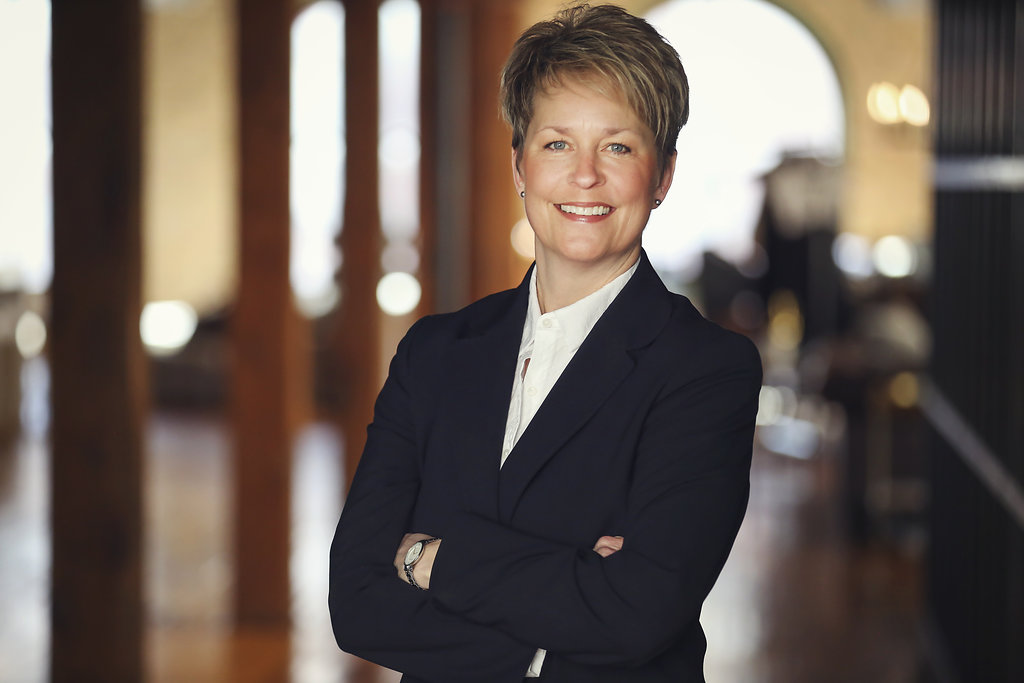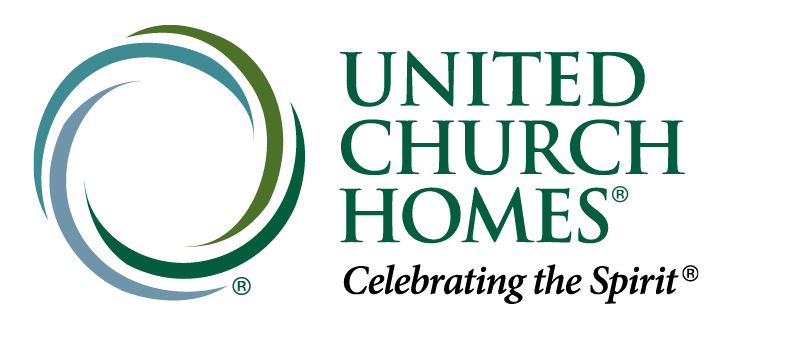Highlights from this week’s conversation include:
- Lisa’s Background and Founder Journey (1:26)
- Inspiration Behind Ōmcare (2:13)
- Challenges of Medication Management (6:37)
- Remote Assistance for Medication (9:29)
- User-Triggered Assistance (11:37)
- Interventions for Non-Adherence (15:12)
- Biometric Integration (17:15)
- Camera-Based Biometrics (18:22)
- Role of Home Care Technology (20:58)
- AI in Medication Management (22:22)
- Companionship through AI (25:24)
- Finding Home Care Services (27:00)
- Abundant Aging Questions for Lisa (27:38)
- Connecting with Ōmcare and Parting Thoughts (30:12)
Abundant Aging is a podcast series presented by United Church Homes. These shows offer ideas, information, and inspiration on how to improve our lives as we grow older. To learn more and to subscribe to the show, visit abundantagingpodcast.com.

